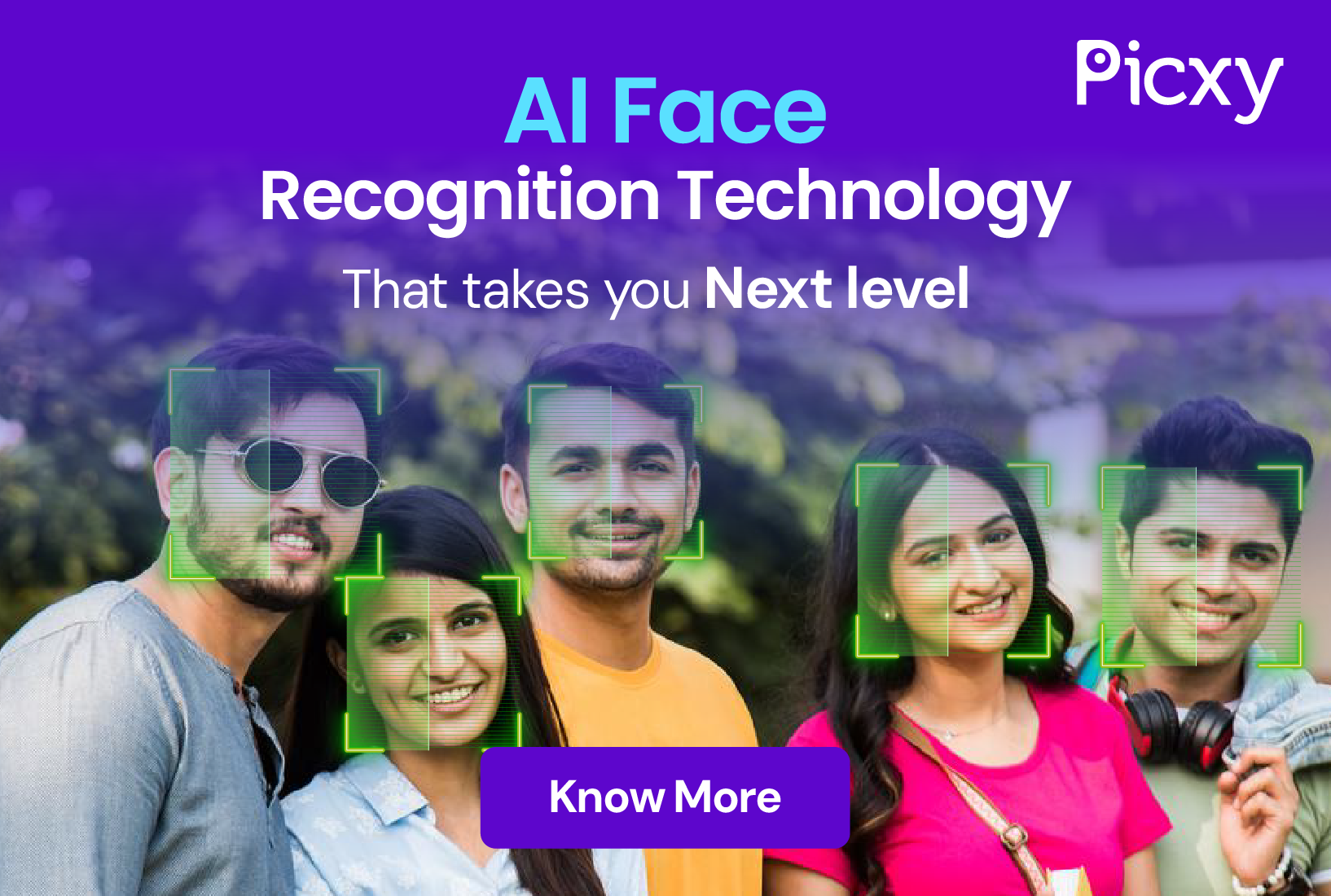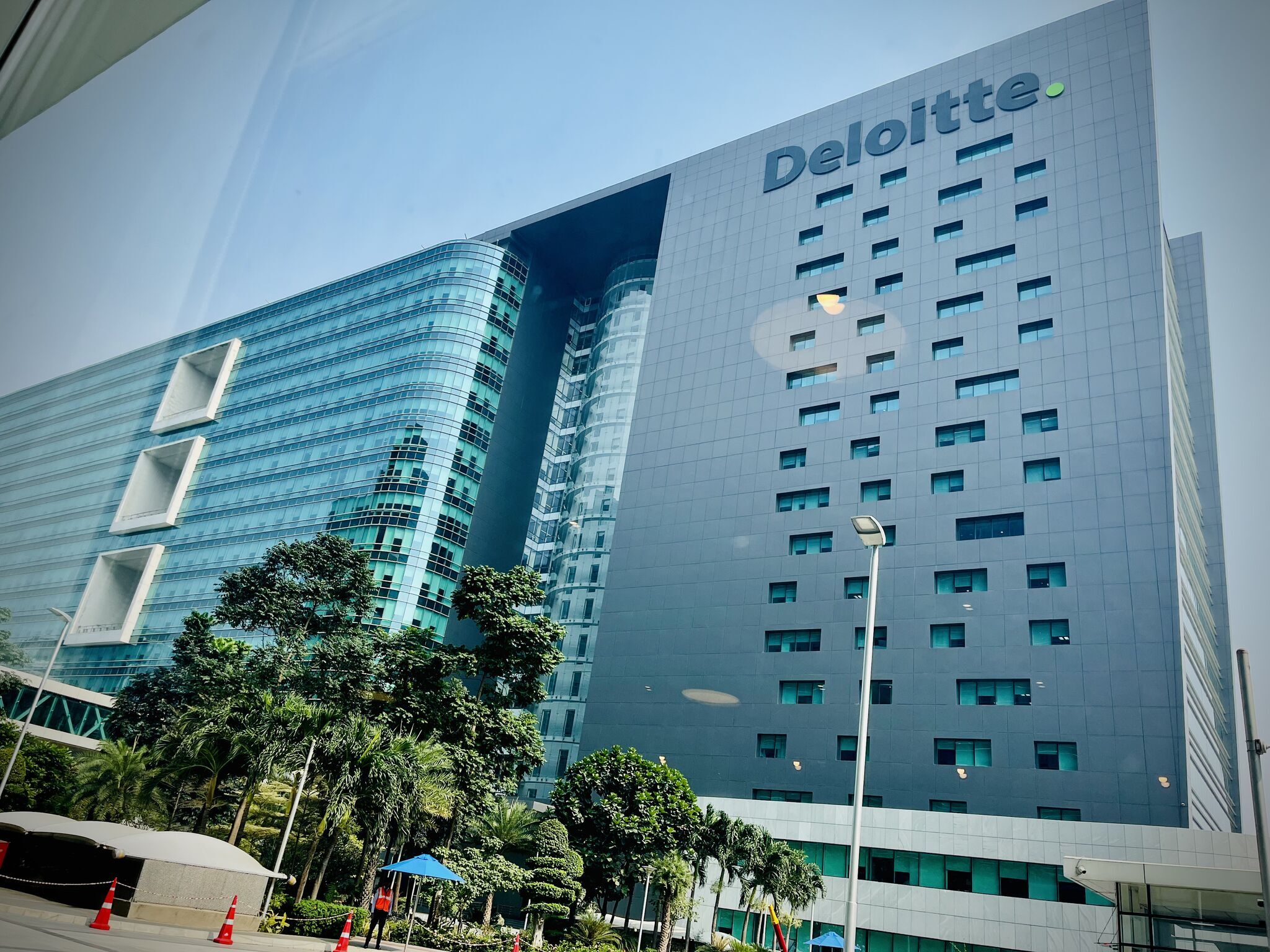EPAM Systems, the US-headquartered digital and product engineering services leader, has recognized India’s Global Capability Centres (GCCs) as early adopters of Artificial Intelligence (AI) — positioning them on par with their counterparts in developed economies such as North America and Western Europe.
AI Adoption in India’s GCC Ecosystem
According to Balazs Fejes, CEO and President of EPAM Systems, GCCs in India are demonstrating AI implementation activity levels comparable to global peers in the US, Europe, and the Asia Pacific.
“The GCCs present in the country are showing the same activity levels on AI implementation compared to counterparts based in North America, Western Europe, or Asia Pacific,” Fejes said.
India currently hosts around 1,800 GCCs, making it the largest global hub for such centers. This momentum continues to grow as multinational corporations increasingly set up innovation-focused GCCs to leverage India’s deep technology and engineering talent pool.
EPAM’s AI Strategy and India’s Role
EPAM Systems has its largest development center in India, employing nearly 12,000 professionals, and plans to expand this number to 20,000 in the near future.
The company has also built strong AI expertise catering to enterprise clients worldwide and sees GCCs as a strategic customer base for the future.
The company has also built strong AI expertise catering to enterprise clients worldwide and sees GCCs as a strategic customer base for the future.
“We believe GCCs are going to be an important customer base and will continue to focus on them going forward,” Fejes added.
Balancing AI Hype and Reality
While acknowledging the immense potential of AI, Fejes emphasized that there is still significant groundwork required before the technology achieves wide-scale enterprise adoption.
“AI has tremendous capabilities and benefits, but to truly take advantage of it, one needs to be a very good engineer,” he said.
He noted that while AI can accelerate specific processes, developing end-to-end enterprise-grade AI solutions requires deep software engineering expertise.
Currently, efficiency gains through AI remain modest, and most enterprises are still exploring use cases rather than allocating dedicated AI budgets.
Currently, efficiency gains through AI remain modest, and most enterprises are still exploring use cases rather than allocating dedicated AI budgets.
Reskilling and Future Outlook
EPAM is proactively investing in AI frameworks and governance structures, including architectural and foundational models, to ensure scalable and compliant AI deployment.
The company has also launched extensive reskilling initiatives across its global workforce, with India ranking among the top regions for AI upskilling.
The company has also launched extensive reskilling initiatives across its global workforce, with India ranking among the top regions for AI upskilling.
Fejes concluded that while AI’s full potential is yet to be realized, it will create new opportunities for innovation and services — a space where India’s GCC ecosystem is poised to lead.
Key Takeaways
- India’s GCCs are on par with developed economies in AI adoption.
- EPAM plans to expand its India workforce to 20,000.
- Enterprises are experimenting with AI but yet to assign dedicated budgets.
- Reskilling and engineering excellence remain central to sustainable AI success.
Visit Our News section and follow us on LinkedIn and Twitter
Read more full news: Here







